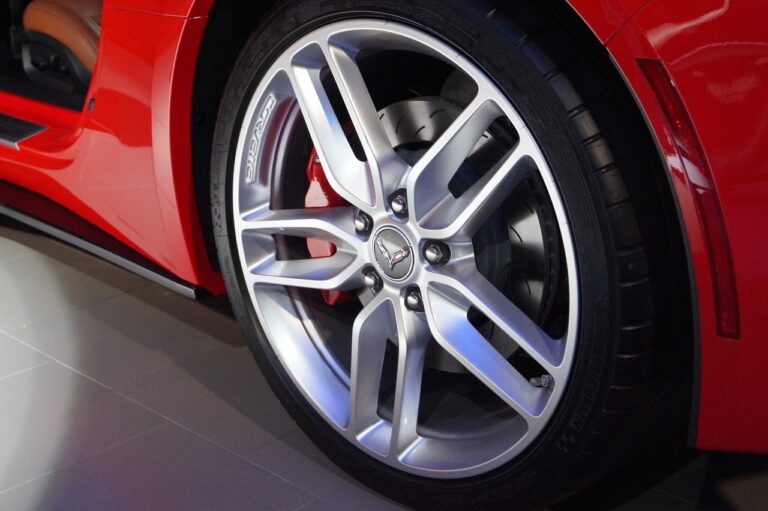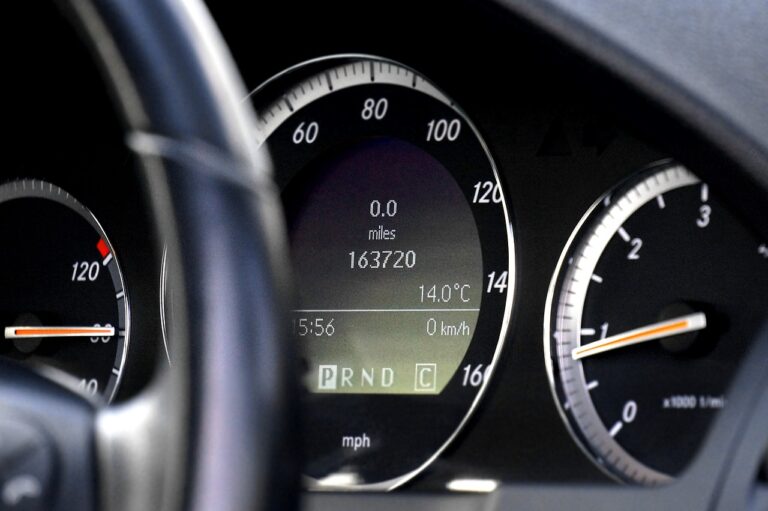Analyzing the Role of Automotive Air Conditioning in Vehicle Hybrid Powertrain Integration
diamond exchange 9, sky99exch, reddybook:Automotive air conditioning plays a crucial role in the overall performance and efficiency of a vehicle, especially in the context of hybrid powertrain integration. As automakers continue to prioritize fuel economy and emissions reduction, the integration of air conditioning systems into hybrid powertrains has become increasingly important. In this article, we will delve into the significance of automotive air conditioning in vehicle hybrid powertrain integration and how it affects the overall functionality of modern vehicles.
The Role of Automotive Air Conditioning in Hybrid Powertrains
Automotive air conditioning systems are essential components in modern vehicles, providing comfort and convenience to passengers. However, in hybrid vehicles, the integration of air conditioning systems becomes more complex due to the unique powertrain configuration. Hybrid powertrains combine an internal combustion engine with an electric motor or battery pack, resulting in different energy management strategies compared to traditional gasoline-powered vehicles.
One of the primary challenges of integrating air conditioning into hybrid powertrains is balancing comfort with energy efficiency. The air conditioning system consumes a significant amount of energy, especially during hot weather conditions. In hybrid vehicles, this energy consumption can impact the overall performance and fuel economy of the vehicle. Therefore, automakers must develop innovative solutions to optimize the operation of the air conditioning system while minimizing its impact on the powertrain.
Efficiency Optimization Strategies
To address the challenges associated with automotive air conditioning in hybrid powertrains, automakers are implementing various efficiency optimization strategies. These strategies aim to reduce energy consumption without compromising passenger comfort. One common approach is the use of predictive climate control systems that pre-cool or pre-heat the vehicle while it is still plugged in, minimizing the load on the battery during driving.
Another optimization strategy involves the use of variable compressor technology, which adjusts the operation of the air conditioning compressor based on the vehicle’s speed and load. By varying the compressor speed, automakers can optimize the energy consumption of the air conditioning system, resulting in improved fuel economy and overall performance.
Furthermore, some automakers are exploring the use of waste heat recovery systems to enhance the energy efficiency of hybrid vehicles. These systems capture and reuse waste heat generated by the powertrain to power auxiliary systems like the air conditioning system. By harnessing waste heat, automakers can reduce the energy consumption of the air conditioning system and improve the overall efficiency of the vehicle.
Challenges and Future Outlook
Despite the progress made in optimizing automotive air conditioning systems for hybrid powertrains, several challenges remain. One of the main challenges is the integration of air conditioning with other powertrain components, such as the electric motor and battery pack. Automakers must ensure seamless communication between these components to optimize energy usage and enhance overall vehicle performance.
Moreover, the increasing demand for electric vehicles poses new challenges for automotive air conditioning systems. Electric vehicles have different powertrain configurations and energy management strategies compared to hybrid vehicles, requiring unique solutions for air conditioning integration. As automakers transition towards electrification, they must develop innovative technologies to adapt air conditioning systems to the specific requirements of electric vehicles.
In conclusion, automotive air conditioning plays a vital role in vehicle hybrid powertrain integration, impacting both passenger comfort and energy efficiency. Automakers are continuously developing new technologies and strategies to optimize the operation of air conditioning systems in hybrid vehicles, balancing performance with fuel economy. As the automotive industry evolves towards electrification, the integration of air conditioning systems will play a crucial role in shaping the future of vehicle design and engineering.
FAQs:
Q: How does automotive air conditioning affect the fuel economy of hybrid vehicles?
A: Automotive air conditioning consumes a significant amount of energy, especially in hot weather conditions. In hybrid vehicles, this energy consumption can impact fuel economy, as it draws power from the internal combustion engine or battery pack. To improve fuel economy, automakers are implementing efficiency optimization strategies, such as predictive climate control and variable compressor technology.
Q: What are some innovative technologies used to optimize automotive air conditioning in hybrid vehicles?
A: Automakers are exploring various technologies to enhance the efficiency of air conditioning systems in hybrid vehicles, including waste heat recovery systems and predictive climate control. These technologies aim to reduce energy consumption and improve the overall performance of the vehicle while maintaining passenger comfort.
Q: How does the integration of air conditioning systems differ between hybrid vehicles and electric vehicles?
A: The integration of air conditioning systems varies between hybrid vehicles and electric vehicles due to their different powertrain configurations. Hybrid vehicles combine an internal combustion engine with an electric motor or battery pack, while electric vehicles are powered solely by electric motors. As automakers transition towards electrification, they must develop unique solutions to adapt air conditioning systems to the specific requirements of electric vehicles.







